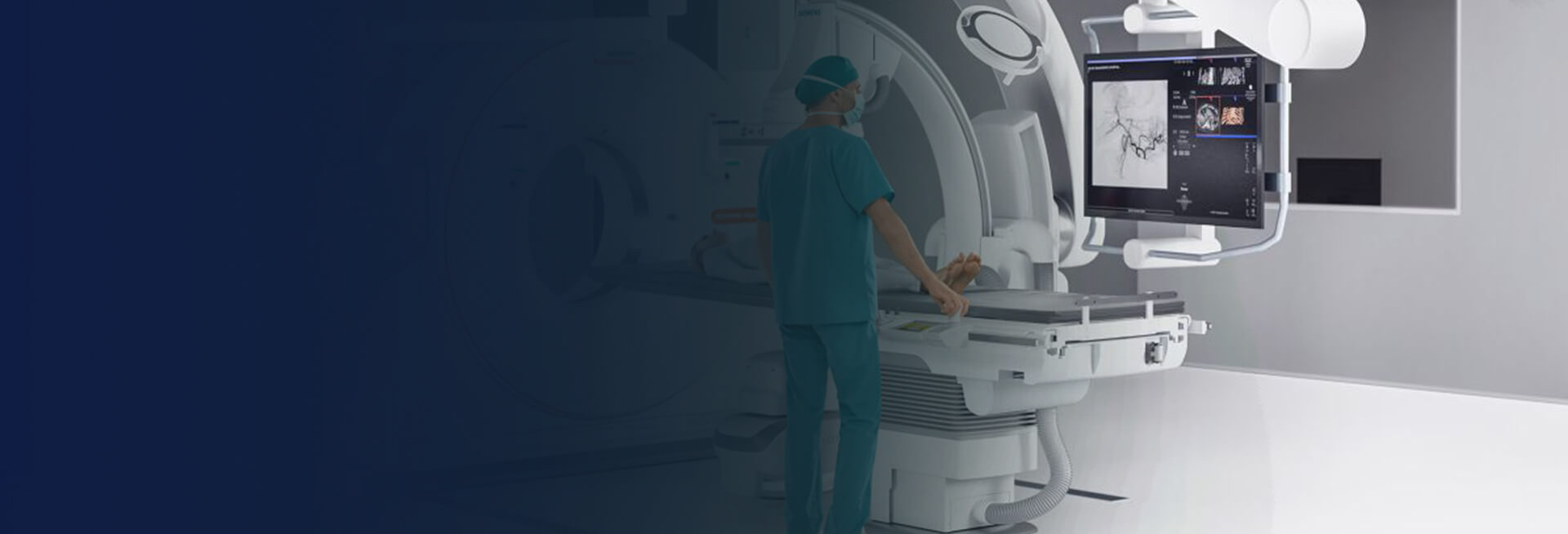What is Integrated Management Systems (IMS) Certification?
Integrated Management Systems (IMS) Certification combines multiple management system standards into a unified approach, streamlining the process of ensuring compliance with ISO standards. By integrating systems such as ISO 9001, ISO 13485, and other relevant standards, IMS simplifies the management of quality, environmental, and regulatory requirements in one cohesive framework. This certification allows organizations to operate more efficiently while meeting ISO certification requirements across various domains. For medical device companies, implementing IMS ensures compliance with ISO 9001 requirements, ISO 13485, and other international regulations, providing a comprehensive approach to achieving the ISO 9001 certification requirements. This integration also supports ongoing improvements and harmonization of processes, ensuring a streamlined, effective system for long-term success.
Benefits of IQMS Certification
Achieving IQMS certification brings numerous advantages to medical device companies. It ensures that your organization adheres to the highest quality standards, facilitating smooth market entry across multiple regions. By complying with ISO 9001 requirements and other regulatory standards, you enhance product consistency, improve customer satisfaction, and gain a competitive edge. Furthermore, meeting ISO certification requirements helps streamline operations, minimize risks, and reduce the likelihood of costly non-compliance issues. With ISO 9001 certification requirements integrated into your quality management system, you can confidently demonstrate to stakeholders that your processes meet global industry standards, fostering trust and reliability in your medical device offerings.
QMS Requirements for Medical Device Companies in Canada
Under MDSAP, manufacturers of Class II, III, and IV medical devices must demonstrate compliance with ISO 13485. The QMS requirements of the Canadian Medical Devices Regulations (CMDR) are incorporated into the MDSAP. Before your device can be sold in Canada, it must undergo certification from a Health Canada and MDSAP-accredited Auditing Organization (AO) to verify your MDSAP-compliant quality system. As of January 1, 2019, MDSAP compliance is mandatory. In addition, manufacturers should also be mindful of the ISO 9001 documentation requirements, which may help streamline processes and align with broader international standards. To ensure compliance, manufacturers must meet the QMS requirements, and they can get ISO certification through an accredited body to support their market access and quality assurance processes.



